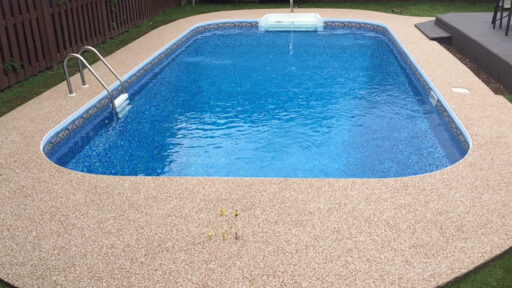Picking the right roofing can make a big difference in how strong, energy-efficient, and affordable a building is. Roof panel systems are now a popular choice because they are flexible and offer many benefits.
They create a smooth, weather-resistant cover that works well for homes and businesses. Learning about the different types, prices, and advantages of these systems can help you choose the best one for your building project.
Let’s explore to know more!
Types of Roof Panel Systems
Roof panel systems come in various types, each designed to address specific needs and preferences. Here are some of the most popular options:
1. Metal Roof Panels
Metal roof panels are a top choice due to their longevity and robustness. They are typically made from materials such as steel, aluminum, or copper. Metal roofs have a lifespan that can exceed 50 years, requiring minimal maintenance.
2. Foam Roof Panels
Foam roof panels, often made from polyurethane or polystyrene, are known for their excellent insulation properties. These panels create a seamless barrier that prevents thermal bridging, which can save on energy costs in the long run. Their lightweight nature also makes them easy to install and transport.
3. Composite Roof Panels
Composite roof panels combine different materials for superior performance. Commonly made of steel or aluminum with an insulated core, they provide enhanced strength and insulation. This type of roof panel system is ideal for those looking for a balance of aesthetics and functionality.
4. Tile and Shingle Roof Panels
For a more traditional look, tile and shingle roof panels can be an excellent choice. Available in various colors and styles, they complement various architectural designs. While they may require more maintenance than metal panels, they can provide excellent durability and weather resistance when installed correctly.
Cost Considerations for Roof Panel Systems

The cost of roof panel systems can vary significantly based on the type of materials used, your location, and the complexity of the installation. Here’s a general breakdown of what you can expect:
- Metal Roof Panels
- Foam Roof Panels
- Composite Roof Panels
- Tile and Shingle Roof Panels
Benefits of Roof Panel Systems
Making the switch to roof panel systems can yield numerous benefits for homeowners and commercial property managers alike. Here are some key advantages:
1. Energy Efficiency
Roof panel systems are designed to improve energy efficiency. Metal roofs, for example, reflect solar radiation, helping to keep buildings cooler in the summer months, thereby lowering air conditioning costs.
2. Durability and Longevity
Many roof panel systems can last for decades with minimal upkeep. Metal and composite materials resist corrosion, harsh weather, and pests far better than traditional roofing materials.
3. Aesthetic Versatility
With various styles and colors available, roof panel systems can accommodate different architectural preferences. Whether you prefer a sleek, modern look or a more traditional appearance, there’s a panel system that aligns with your vision.
4. Low Maintenance
Materials like metal resist corrosion and do not require frequent repairs. This can be a significant advantage for property owners looking to minimize ongoing costs. If you need parts for existing systems, check out Butler Roof Parts, for instance, for quality options that can enhance your roofing
solution.
Learn Everything You Need to Know About Roof Panel Systems
Roof panel systems are a modern way to cover buildings. They come in many types and offer different benefits.
These include saving energy, looking good, and lasting a long time. Choosing the right system can be a smart investment. Take time to explore your options and find the best one for your home or business.
Like this article? Read more about these topics on our blog.








